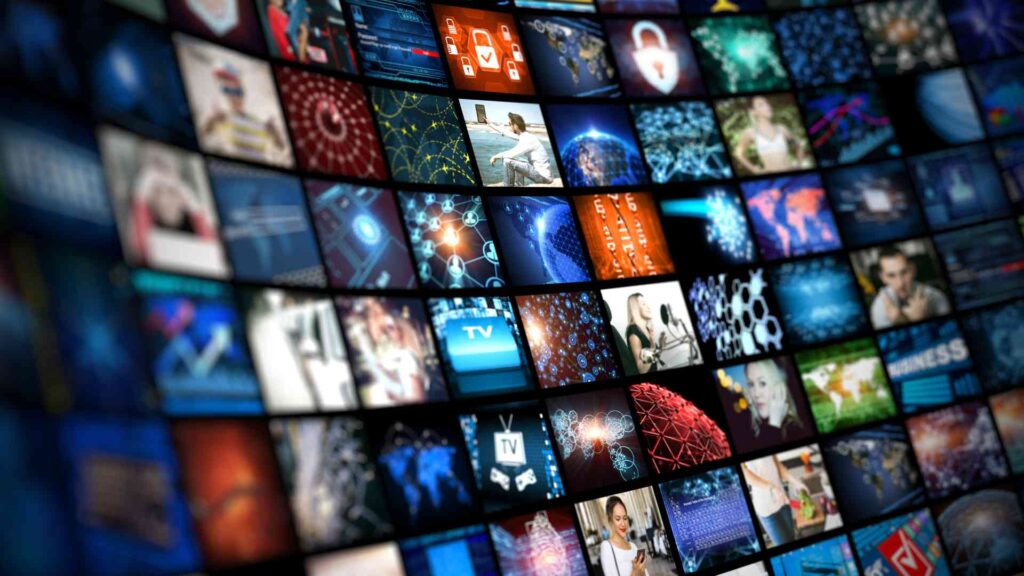Discover comprehensive information for all aspects of sexual health and find resources and guidance to empower your sexual well-being.
The underlying cause as well as the severity of pain determine the varied treatment approaches…
Discover comprehensive information for all aspects of sexual health and find resources and guidance to empower your sexual well-being.
The underlying cause as well as the severity of pain determine the varied treatment approaches…
Erectile dysfunction (ED) means having trouble getting or keeping an erection that’s good enough for…
The pelvic floor muscles are the unsung heroes of our body’s core, providing support to…
Erectile dysfunction (ED) is a condition that many men face at some point in their…
Prostate health is a critical concern for men, especially as they age. The prostate gland…
The International Society for the Study of Women’s Sexual Health describes Hypoactive sexual desire disorder…
Commitment issues can often manifest in romantic relationships, work, and other personal or professional spheres.…
The human brain is amazing and really complicated. It’s always working hard to think, make choices, and judge things. But even though it’s super smart, it’s not perfect. Sometimes, our brains take shortcuts or make mistakes without us even realizing it. One big mistake our brains often make is called the availability heuristic.
Table of Contents
ToggleThe availability heuristic is like a quick trick our brains use to make decisions. Instead of carefully considering all the facts, we tend to rely on the first examples that pop into our heads.

This shortcut was discovered by psychologists Amos Tversky and Daniel Kahneman in the 1970s. Basically, it means that we judge how likely something is based on how easily we can remember similar things happening in the past.
So, if something comes to mind quickly, we might think it’s more common or likely to happen again.
Related: Heuristic Decision-Making
The availability heuristic works because of how our brains store and retrieve information. It’s like this: if something is easy to remember, we’re more likely to think it’s important or common. Here’s why:
Mental Accessibility: This means how easily we can get to the information in our minds. If something is stored in our memory and easy to recall, we’re more likely to use it to make decisions.
Recency: If something happened recently, it’s more likely to be fresh in our minds. So, we might think it’s more common or important than it really is.

Vividness: When something is vivid, it means it’s really clear or memorable. Vivid memories stand out more in our minds, so we tend to think they’re more significant.
Emotional Impact: Emotions can make memories stick in our heads. If something made us feel strong emotions, like fear or excitement, we’re more likely to remember it and think it’s important.
Personal Experience: Our own experiences play a big role in what we remember. If something happened to us personally, we’re more likely to think it’s relevant and common.
Media Exposure: What we see and hear in the media can shape what we think is common or important. If something gets a lot of attention in the news or on social media, we’re more likely to remember it and think it happens a lot.

The availability heuristic can make our thinking go wonky in a few different ways:
When we easily remember something exciting or scary, like a plane crash on the news, we might think it happens a lot more than it actually does. So, we might get worried about flying even though it’s actually pretty safe.
Instead of looking at the big picture or the facts, we might focus too much on stories or examples we remember. This means we might make decisions based on one story or experience, even if it’s not typical.

The news and social media can make us think certain things are common or important, even if they’re not. If something gets a lot of attention in the media, we might start to believe it’s happening all the time, even if it’s rare.
Sometimes, our brains like to stick to what we already think is true. So, if we hear something that fits with what we already believe, we might pay more attention to it and ignore other information that doesn’t fit.
This confirmation bias can perpetuate misconceptions and distort reality.
Related: What is the Confirmation Bias?
The availability heuristic influences decision-making in various domains, including:
Investors may be swayed by recent market trends or high-profile success stories, leading to irrational investment choices.
Patients may overestimate the prevalence of rare diseases after encountering sensationalized medical stories, potentially leading to unnecessary anxiety or medical interventions.

Jurors may be unduly influenced by dramatic or emotionally charged testimony, affecting their judgments in court cases.
Politicians and policymakers may exploit the availability heuristic by strategically framing issues to capitalize on public fears or perceptions.

Emily decides not to buy a certain brand of headphones after reading a few negative reviews online, even though the majority of reviews are positive. The availability heuristic influences her decision as she gives more weight to the readily available negative reviews, neglecting the overall base rate of positive feedback.
Despite statistics showing that the likelihood of being involved in a terrorist attack is incredibly low, Max feels anxious about traveling to certain countries after hearing about recent terrorist incidents in the news. The availability heuristic causes Max to overestimate the risk of terrorism based on emotionally charged and widely covered events.
The first thing we need to do to stop the availability heuristic from messing with our thinking is to realize it’s there. Once we know about it, we can start to fight back. Here’s how:

Look for More Information: Instead of just going with the first thing that comes to mind, we can make an effort to find more facts and examples. This helps us get a better picture of what’s really going on.
Think About the Big Picture: We should try to think about how common something really is, instead of just focusing on one example. Looking at the big picture helps us make better decisions.
Question Our Judgments: It’s important to think critically about why we believe something. Are we just going with what’s easy to remember, or is there solid evidence to back it up?

Learn About Statistics: Understanding how statistics work can help us see through the tricks our brains play on us. When we know how to interpret numbers and probabilities, we can make smarter choices.
By being aware of the availability heuristic and taking these steps, we can make better decisions and not let our brains trick us into believing things that might not be true.
The availability heuristic is a powerful cognitive bias that shapes our perceptions, judgments, and decision-making processes. By understanding its mechanisms and effects, we can strive to mitigate its influence and make more rational and evidence-based choices in our personal and professional lives. Ultimately, awareness and critical thinking are essential tools in navigating the complexities of human cognition.
References
Dr. Nishtha, a medical doctor holding both an MBBS and an MD in Biochemistry, possesses a profound passion for nutrition and wellness. Her personal journey, marked by significant struggles with physical and mental health, has endowed her with a unique empathy and insight into the challenges countless individuals face. Driven by her own experiences, she leverages her background to offer practical, evidence-backed guidance, empowering others on their paths to achieving holistic well-being. Dr. Nishtha truly believes in the interconnectedness of the mind and body. She emphasizes the significance of understanding this connection as a crucial stride toward attaining balance and happiness in life.

